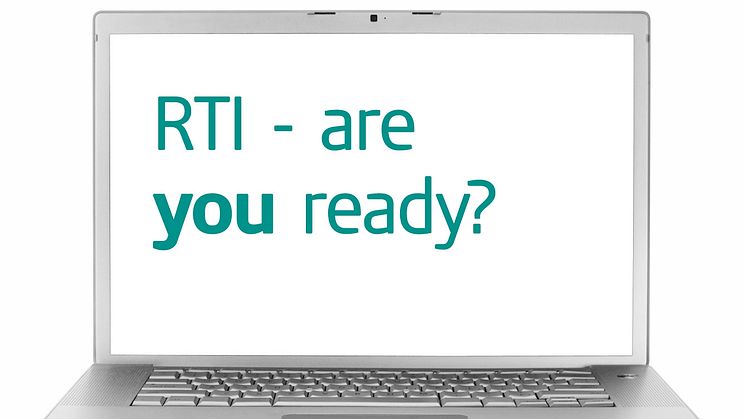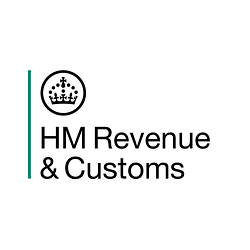
Press release -
Get ready for RTI
With just one month to go until the start of the biggest shakeup of the Pay As You Earn (PAYE) system in nearly 70 years, HM Revenue and Customs (HMRC) is urging employers to get ready.
From 6 April, employers will be required to move to a new way of reporting PAYE called Real Time Information (RTI) where they report each time they pay their employees, rather than annually. This updates the PAYE system so that it is quicker, easier and more accurate.
With the introduction of RTI, employers will benefit from much simpler requirements for reporting to HMRC and the abolition of the extensive annual tax return that the old system required. Savings to business will total £300 million in reduced administration costs once the system is up and running.
For employees, particularly the million people in the UK with multiple jobs, RTI will bring benefits as HMRC starts to get details of their tax every time that their wages are paid, rather than just once a year. This will make HMRC’s records more accurate and up-to-date and will begin to reduce the number of cases where someone is found to have under or overpaid tax during the year.
David Gauke, Exchequer Secretary to the Treasury, said:
“Real Time Information (RTI) will be better for employers, better for employees and better for Britain. This is the biggest revolution in PAYE in around 70 years and will reduce the costs of administratiion for businesses by around £300 million every year.
Employers can find all the information they need about the new system on HMRC’s website and small businesses can download free software to help them get ready. So whatever the size of your business, wherever you are based, whatever you do - if you employ people, it’s time to get ready.”
Richard Burchell, owner of Burchells Fleet, a chiropodist with 6 employees already using the new RTI system, said:
“We have been part of the pilot since June last year and have had no trouble with RTI at all. The key is to get good software and make sure your data is up to date.”
For the vast majority of employers, the first ‘real time’ return will be the first employee payday on or after 6 April 2013. In order to make sure that employers are ready for RTI they should follow these three simple steps:
1. Go to HMRC’s website – www.hmrc.gov.uk/rti – for comprehensive information about RTI, including how to prepare, payroll software options and tips
2. Acquire new or updated software – employers will need to talk to their payroll software provider or payroll service-provider
3. Start checking and updating employee information. It is vital that the information employers have about their employees is up to date.
HMRC is offering a range of help for businesses to prepare for the change, including free software for employers with nine or fewer employees, targeted flyers and emails, regular live Twitter Q&As, YouTube videos and roadshows across the country.
Notes to editors
All employers received letters about RTI in February 2013 and October 2012.
The RTI pilot was launched in April 2012 with just ten employers. By 31 March 2013, PAYE records for around six million individuals will be reported in real time.
RTI will support the operation of Universal Credit – the Government’s flagship welfare programme – which brings together means-tested in work and out-of-work benefits, Tax Credits and support for housing, and will improve work incentives and make work pay.
HMRC is holding a week long Twitter Q&A (11 March – 15 March) to give employers the opportunity to ask RTI related questions. To take part or ask a question, follow @HMRCgovuk on Twitter and use hashtag #RTIqa.
A Government - sponsored advertisement from 1944 which was issued when PAYE was first introduced is available from British Pathe. This black and white film tells the population about the new system, the allowances and how the tax codes work. It is in 1940s’style and demonstrates how long PAYE has been in operation.
Topics
Categories
Issued by HM Revenue & Customs Press Office
HM Revenue & Customs (HMRC) is the UK’s tax authority.
HMRC is responsible for making sure that the money is available to fund the UK’s public services and for helping families and individuals with targeted financial support.

